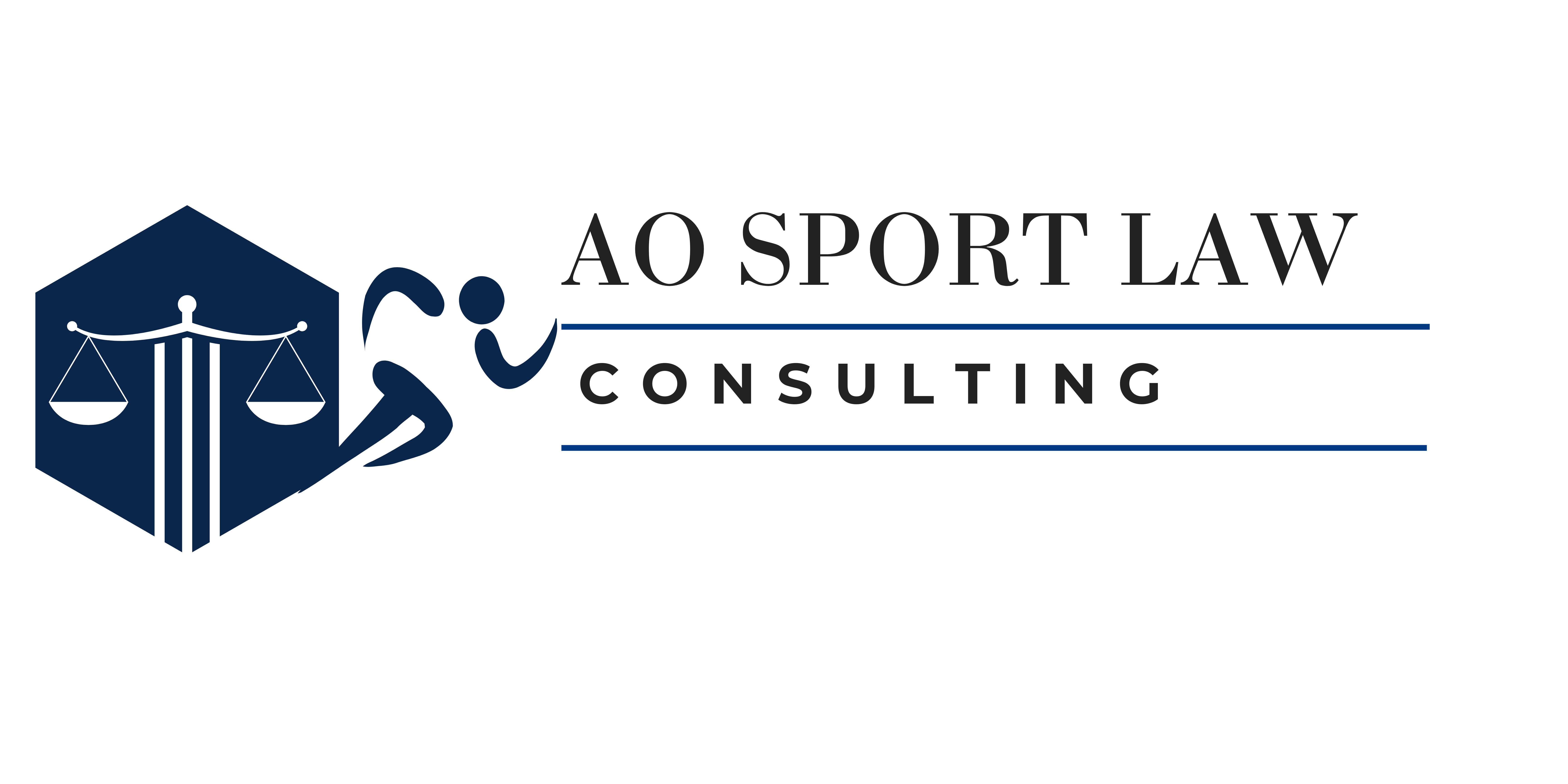Source: Simon Baah
24 August 2021
In a recent no-holds-barred interview, Adedotun Olusanya, a distinguished sports lawyer, shared his journey and insights into the world of sports law, highlighting his significant contributions and the challenges faced by sports governance in West Africa. Olusanya’s expertise has not only shaped the legal landscape of sports in Nigeria but has also made a profound impact across the region.
Adedotun Olusanya has emerged as a leading figure in sports law in West Africa, known for his relentless advocacy for transparency and accountability in sports governance. His work has earned him numerous accolades, including the prestigious “Award of Exemplary Impacts on Sports Development” from the Sports Writers Association of Nigeria (SWAN) in 2021. This award recognizes his significant contributions to the Nigerian sports community, particularly through his educational initiatives and advocacy for better governance practices.
Olusanya’s career spans over seven years of legal practice, law teaching, and research. He has been a vocal advocate for the protection of sports broadcast rights and the rights of TV users in Nigeria. His research “Legal Framework of Sports Broadcaster Rights” has highlighted the importance of regulatory bodies like the National Broadcast Commission (NBC) in ensuring equitable distribution of broadcasting rights and promoting broader access to sports content for all Nigerians.
In terms of his advocacy for governance reforms, in a recent seminar hosted by Star Makers FC in Accra, which had delegates from Football Associations from Ghana, Liberia, Sierra-Leone, Gambia and Nigeria, Olusanya emphasised the need for football administrators to lobby FIFA to abolish the independence requirements, arguing that governments in Africa, which fund sports, should have a say in sports governance. He stressed that only administrators who do not want the development of African football would oppose this move.
Olusanya pointed out that the specificity of sports doctrine combined with the independence doctrine has robbed Africa of accountability. He argued that the current interpretation of FIFA’s independence doctrine conflicts with national laws, such as Section 6 of the 1999 Nigerian Constitution, which grants the judiciary adjudicatory powers over all legal entities in Nigeria. African governments consequently must lobby FIFA for either the removal of the independence doctrine or a necessary amendment that ensures that seeking accountability from the member associations would not be tantamount to political interference.
To ensure accountability, in his paper “Beyond Sports Governance: Constructing a Veritable Platform for Accountability and Transparency in FIFA,” Olusanya proposed several recommendations for ensuring accountability in football governance. These include increased transparency, accountability through supervision by sovereign states and corporate sponsors, and reforms within FIFA itself. He urged African countries and other continents, especially Asia, to adopt these measures to ensure accountability in their football governance structures.
In order to prevent the trafficking of young footballers, Olusanya Esq also highlighted the critical need to “train the trainers” who regulate soccer academies in Africa. He stressed the importance of asking the right questions to prevent the trafficking of young footballers in the West African region. This initiative aims to protect young athletes and ensure they receive proper guidance and support in their careers. He emphasized that young adults and their families due to their perception of football as their ‘out of jail card’ from poverty are usually vulnerable to the promises of unscrupulous agents who are only interested in exploiting them and in worse cases, traffic them as domestic and servant workers.
He cited Amnesty’s International advocacy about how vulnerable players from Africa and South-Asian countries were forced to become construction workers in Qatar when these ‘agents of darkness’ abandoned them without any hope of securing never-existing trials in the oil-rich nation of Qatar. “Train the Trainers” will ensure that club and FA officials carry out their due diligence before any young player is sent for trial anywhere in the world. This would be a far-reaching measure in stemming the tide of human trafficking through football.
About making local leagues viable, Olusanya has been a strong advocate for making local leagues in Africa viable and reducing the over-bidding for European football leagues. He pointed to the success of the Premier Soccer League (PSL) in South Africa, which has thrived through strategic broadcast rights deals. He warned against the pitfalls of the Nigerian overbidding debacle, which has stunted the growth of local clubs in Nigeria and West Africa. His insights are detailed in his publication “Legal Framework of Sports Broadcast Rights,” where he outlines strategies for leveraging broadcast rights to support local leagues.
On challenges that he has faced in his seven-year career, he mentioned that educating stakeholders in the sports industry has been challenging but rewarding for Olusanya. Initially, sports administrators were resistant to his message, but as they began to see the bigger picture and the benefits of a lucrative sports industry, their attitudes shifted positively. Olusanya’s mutual respect with stakeholders has been a cornerstone of his success in driving change in sports governance.
Adedotun Olusanya’s contributions to sports law and governance have been transformative, not only in Nigeria but across West Africa. His tireless efforts to promote transparency, accountability, and the protection of young athletes have set a high standard for sports governance in the region. As he continues to advocate for reforms and educate stakeholders, his influence on the sports industry is poised to grow even further.
Source:

